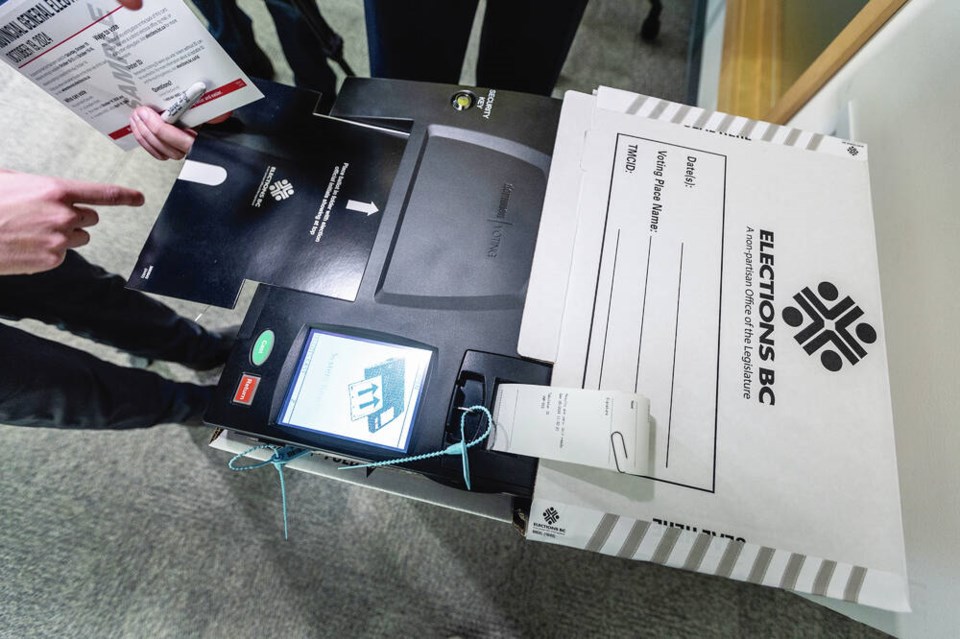A commentary by a retired urban planner who lives in Victoria.
Any discussion of changing voting systems in ╬┌Ð╗┤½├¢ has to start from the realization of a number of key issues.
Firstly, while we have two major parties, we have always had second-tier parties, most recently ╬┌Ð╗┤½├¢ Greens and the now-defunct BC United.
Secondly, where there are only two parties vying for power the result is inevitably a majority government.
Thirdly, majority government is much easier for the ruling party to manage, and for the opposition to oppose. Parliamentary process and indeed parliament itself becomes irrelevant.
The two major parties like it that way: the opposition screams and shouts while the ruling party gets on with it.
Any change away from the current “first past the post” system will lead to a much greater likelihood, especially in our finely balanced ╬┌Ð╗┤½├¢ system, of minority governments.
This will make collaboration and negotiation much more likely, will enhance the power of parliament, and will limit the degree to which extremes of left or right can be successful. Minority governments will also encourage the engagement of collaborative people, and be less rewarding for demagogic politicians and the power-hungry.
It is not hard to see why the major parties have defended the “first past the post” system, despite considerable public support for changing that system.
Three referendums have been held. In 2005, a simple straightforward proposal received 58% support but since the government of the day required 60%, nothing happened.
In 2009 and 2018 much more complicated and confusing systems were proposed. The public didn’t respond well to systems they couldn’t understand and said “no thanks.”
As politics, even or especially in ╬┌Ð╗┤½├¢, becomes more populist and extreme, we desperately need to change our voting system to promote collaborative decision-making and protect our democracy from ideologically righteous politicians.
But let’s also adopt a voting system which is simple to understand. The merit of proportional representation is lost if the public thinks or finds the proposed new system to be too complicated or too much of a change.
The answer is simply to change the voting system from one choice only to a ranked ballot, where voters can list their choices in order of preference.
We can hypothesize about what changes this would have made in the last election.
Firstly, BC United wouldn’t have needed to self-destruct in order to “unite the right.” ╬┌Ð╗┤½├¢ Green voters wouldn’t have had to vote NDP to “keep the right at bay.”
And there would have been a minority government and collaboration between two parties (which as I write, we could still get), and an agenda for change that the majority of voters could support.
Surely this would make for a more harmonious next few years than either “more of the same NDP” or “common sense conservatism.”
>>> To comment on this article, write a letter to the editor: [email protected]



